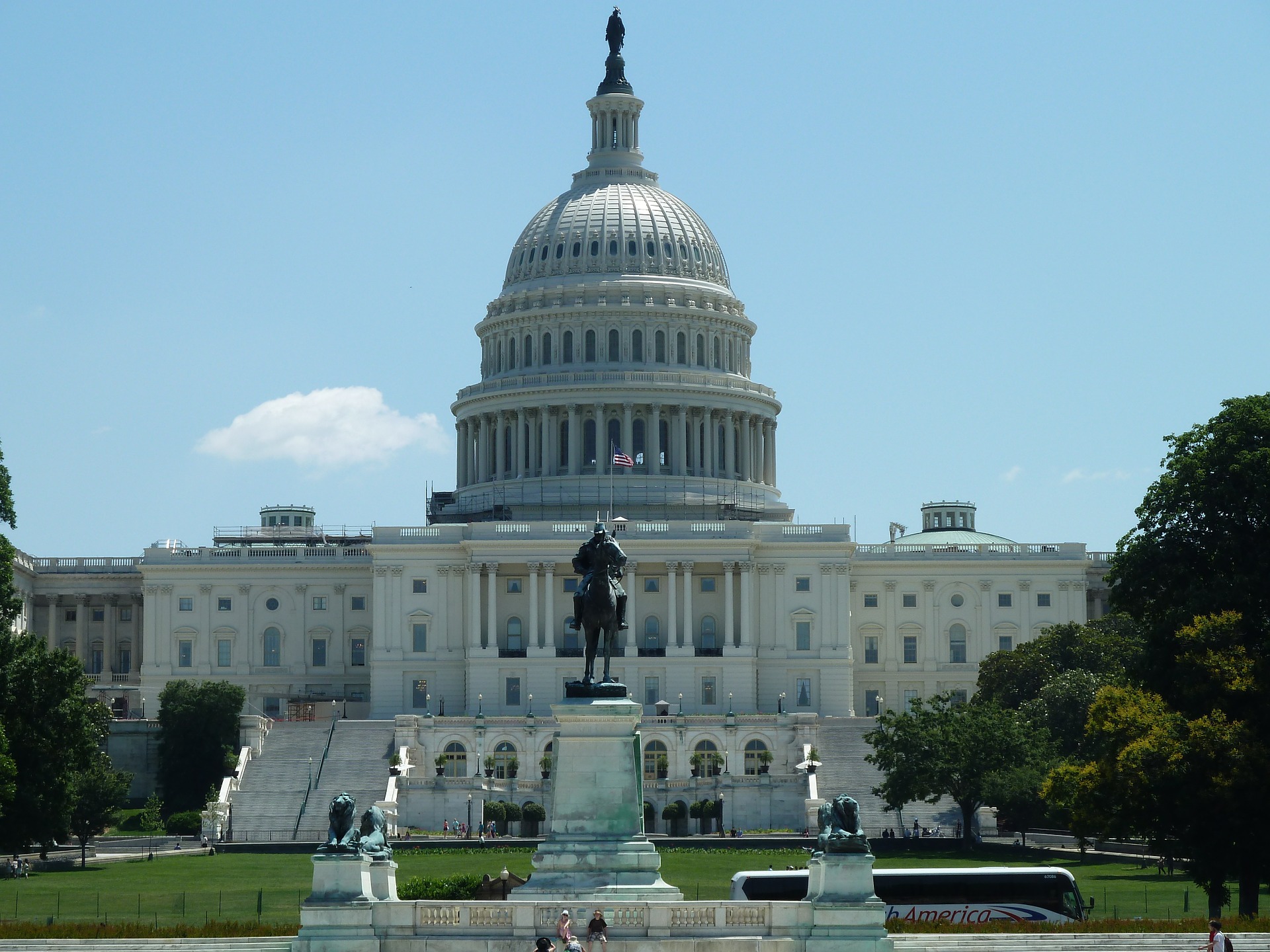NAB Lays Out Its Top Policy Priorities for 117th Congress
Top policy priorities include preserving local journalism, opposing a performance tax on radio stations, increasing diversity and relaxing ownership rules

WASHINGTON D.C.—The National Association of Broadcasters has laid out its top policy priorities for the 117th Congress with a list of policy priorities that include preserving local journalism in the age of big tech, increasing diversity in broadcasters, preventing harmful changes to advertising tax treatment, and ensuring broadcast ownership rules reflect the competitive marketplace.
Its list of policy priorities began with preserving local journalism in the age of big tech.
Noting that journalism and a free press are bedrocks of American democracy, the NAB said that while "free, accessible and reliable content remains in high demand, it is being undermined on multiple fronts."
As the “advertising market has become dominated by a few giant online platforms, broadcast stations’ advertising revenues have significantly declined, making local journalism more difficult to support,” the NAB said.
“As Congress considers the competitive challenges and antitrust concerns raised by digital platforms and their impact on local news and information, it should support laws and policies that recognize and uphold broadcasters’ unique and essential role in democracy and a free press,” the NAB said.
In opposing a performance tax on local radio stations, the NAB contended that a “performance tax would financially cripple local radio stations simply for airing music, jeopardizing local jobs, stifling new artists and harming local radio listeners. Broadcasters strongly support the Local Radio Freedom Act (H. Con. Res. 33, S. Con. Res. 9), a resolution that opposes a performance tax and is supported by more than 230 bipartisan members of the House and Senate.”
In terms of its policy priority of increasing diversity in broadcasting, the NAB noted that “the most impactful program to expand diversity in broadcast ownership – the Minority Tax Certificate Program – was eliminated by Congress in 1995. That program had provided tax incentives to those who sold their majority interests in broadcast stations to minorities, and broadcasters support legislation to reinstate it.”
Get the TV Tech Newsletter
The professional video industry's #1 source for news, trends and product and tech information. Sign up below.
“Broadcasters support the Broadcast Ownership Opportunities Act (H.R. 4871) and the Broadcast Varied Ownership Incentives for Community Expanded Service Act, also known as the Broadcast VOICES Act (S. 2456), introduced in the House and Senate respectively during the 117th Congress,” the NAB said. “Reinstating the Tax Certificate Program at the FCC would encourage investment in broadcast station ownership for women and people of color and dramatically help underrepresented voices realize their dreams of radio and television station ownership."
The NAB also came out against preventing harmful changes to advertising tax treatment.
“Under the U.S. tax code, advertising is treated as an ordinary and necessary business expense deductible in the year it is incurred,” the NAB said. “In the last few years, some in Congress and in state legislatures have proposed changes to the tax treatment of businesses’ advertising as a means of raising revenue. These modifications would have a devastating impact on radio and television stations, as well as local newspapers, by discouraging businesses from advertising….Congress should oppose legislation that modifies the tax laws to make advertising more expensive for businesses.”
In terms of relaxing ownership regulations, the NAB stressed that “TV and radio stations are best able to serve their local communities when allowed to compete effectively in the marketplace….Broadcasters urge policymakers to support the FCC's modernization of radio and TV ownership rules to reflect the current marketplace and account for the rise and increasing influence of digital media.”
More information on the policies that broadcasters will focus on during the rest of the 117th Congress is available at nab.org/advocacy.
George Winslow is the senior content producer for TV Tech. He has written about the television, media and technology industries for nearly 30 years for such publications as Broadcasting & Cable, Multichannel News and TV Tech. Over the years, he has edited a number of magazines, including Multichannel News International and World Screen, and moderated panels at such major industry events as NAB and MIP TV. He has published two books and dozens of encyclopedia articles on such subjects as the media, New York City history and economics.

